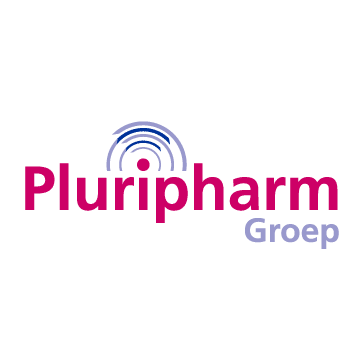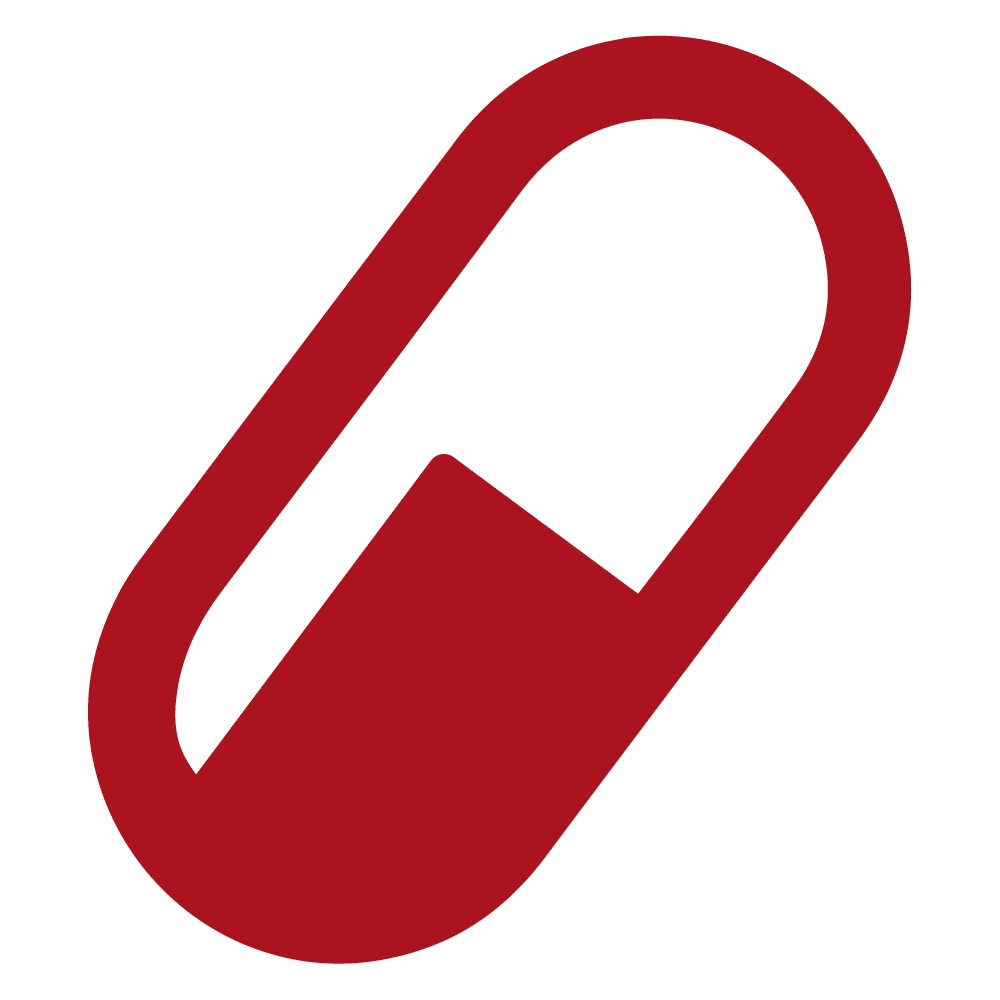About us
Who is Abacus Medicine?
Abacus Medicine was established in 2004 by CEO Flemming Wagner and his father John Wagner (1932-2018). Over the years, Abacus Medicine has experienced consistent growth and solidified the position as one of the market leaders in the European parallel import industry.
In addition to the parallel import business, Abacus Medicine operates in the clinical trial solutions industry. Leveraging our expertise in the clinical trial services’ industry, Abacus Medicine offers a range of services and technologies aimed at enhancing various aspects of clinical trials within the biotech and pharmaceutical sector.

Sustainability in Abacus Medicine
Sustainability is governed at Group-level in the Abacus Medicine Group. This means that our sustainability initiatives are applicable for all companies in the Group.
Yet, some of our sustainability programs are heavily linked to Abacus Medicine’s parallel import-business, such as our Waste-program.
As a parallel importer, we repackage each pack of medicine which results in an increase in packaging material waste. This led us to investigate how we can manage this waste in the best and most sustainable way.


Paper products made from Abacus Medicine waste
In 2019, we phased out putting new labels on the original manufacturer’s boxes from most of our production and introduced replica boxes instead. This enables us to provide products of a high and consistent quality to our customers.
However, this new solution also brought us new environmental challenges. As Abacus Medicine discards large amounts of used packaging materials, we wanted to find a more sustainable destruction method.
We now use a shredder that cuts used boxes into small pieces. By sorting and shredding the waste, it is now possible to recycle the old packaging materials into new paper.
Today, we send more than 10 tons of paper waste for recycling each month. After leaving Abacus Medicine’s production facility in Hungary, the shredded paper goes through various phases of preparation and shaping by several companies to become ready for use in the production of new paper products such as napkins and toilet paper. The new solution also has positive, if modest, economic benefits. By selling our waste as raw material for recycling we gain a small income and save on destruction costs for a combined total of around EUR 1,000 per month.
You can read more about our overall sustainability strategy and programs on our Group-site.
Goal #3:
Good Health and Well-being, including:
Target 3.8: “achieve universal health coverage (UHC), including financial risk protection, access to quality essential health care services, and access to safe, effective, quality, and affordable essential medicines and vaccines for all.”
Better access. Better healthcare
The Abacus Medicine Group recognizes and supports the United Nations 17 Sustainable Development Goals. We strive to continue our contribution to the
international community we are a part of, and we acknowledge this responsibility and the impact we have.
Our sustainability efforts aim to contribute to solving the major global challenges being addressed by the UN Sustainable Development Goals. The Abacus Medicine
Group’s strategy and targets focus on three SDGs that hold particular influence to our business. This is where we believe we can create the biggest positive impact at scale through the knowledge, products and solutions we provide to our customers and society at large.
As a Group consisting of a variety of pharmaceutical companies, we believe that our strongest contribution to our society lies within SDG 3. With our broad range of services within parallel distribution, pharmaceutical areas such as clinical trials and unlicensed medicines as well as general pharmaceutical wholesale and direct-to-patient services, we have one of the broadest lists of beneficiaries. We work hard every day to ensure safe and stable access to medicine. As such, SDG 3 ties closely and directly with our core business and all operations in our company.

Sustainability Report 2022
Employees, environment and more. How did we progress and what are our plans?

